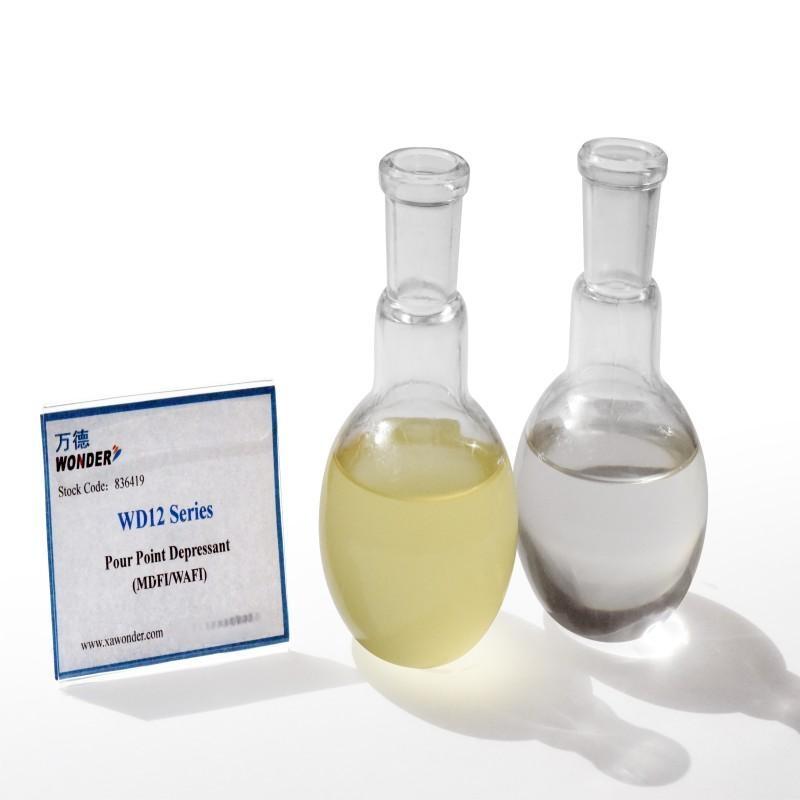-
Categories
-
Pharmaceutical Intermediates
-
Active Pharmaceutical Ingredients
-
Food Additives
- Industrial Coatings
- Agrochemicals
- Dyes and Pigments
- Surfactant
- Flavors and Fragrances
- Chemical Reagents
- Catalyst and Auxiliary
- Natural Products
- Inorganic Chemistry
-
Organic Chemistry
-
Biochemical Engineering
- Analytical Chemistry
-
Cosmetic Ingredient
- Water Treatment Chemical
-
Pharmaceutical Intermediates
Promotion
ECHEMI Mall
Wholesale
Weekly Price
Exhibition
News
-
Trade Service
OPEC+ decided to cut the crude oil production quotas
of participating countries from November.
The OPEC secretary-general said the cut was aimed at stabilizing the energy market
.
Given the uncertainties surrounding the global economy and oil markets, there is a need for stronger long-term guidance for oil markets and proactive and proactive interventions
.
The United States and the West are very dissatisfied with
this decision.
This shows that OPEC+ and the Gulf oil producers are freeing themselves from the control of the United States and the West and making decisions
that are more in line with their national interests.
The 33rd Ministerial Meeting of the Organization of the Petroleum Exporting Countries and non-OPEC producers (OPEC+) decided to cut production sharply from November to an average of 2 million barrels
per day from August production.
The cut, equivalent to 2% of global oil demand per day, is the largest decline since May 2020
.
OPEC Secretary-General Haytham Ghaith said the cut was aimed at stabilizing the energy market
.
Given the uncertainties surrounding the global economy and oil markets, there is a need for stronger long-term guidance for oil markets and proactive and proactive interventions
.
According to the report of the meeting, the production cut comes against the backdrop of uncertainty facing the global economy and oil markets
.
In recent months, the United States and the West have continued to take aggressive interest rate hikes and other intervention measures to ease their own pressure, resulting in a slowdown in global economic growth, restrained oil demand growth, and continued to decline
in international oil prices.
The price of the main contract for crude oil futures in New York fell from more than $120 per barrel in June this year to about $90 per barrel now, falling back to the level
before the outbreak of the Russia-Ukraine conflict in February this year.
London Brent crude oil futures prices showed a similar trend
.
OPEC's monthly report released in September also expressed concern
about the global economic outlook.
According to the report, geopolitics, the new crown pneumonia epidemic, supply chains, inflation and other issues persist, the high level of sovereign debt in many places around the world, and the expected tightening of monetary policy by the United States, the European Union and the Bank of England have led to certain downside risks
to the global economy.
For the decision of "OPEC+" to reduce production, the United States and the West are very dissatisfied
.
U.
S.
President Joe Biden expressed disappointment with the cuts, saying he would take further action
in the oil market.
The United States announced that it plans to provide an additional 10 million barrels of oil from the Strategic Petroleum Reserve in November to hedge the impact of
production cuts.
Some members of Congress intend to continue pushing for the "anti-oil production and export cartel" bill passed by the Senate Judiciary Committee in May this year, and the US government has also said that it will consult with Congress on "additional tools and authorizations" to prevent OPEC from monopolizing global energy prices
.
In addition, European countries will also take measures such as increasing oil and gas exploration and releasing strategic reserves of energy to cope with the current round of OPEC+ production
cuts.
The rise in oil prices will weaken the effect
of economic sanctions imposed on Russia by the United States and Western countries.
Some US officials and media believe that the production cut is OPEC+'s support for Russia, saying that it "weaponizes"
oil energy.
On October 6, the European Union approved a new package of sanctions against Russia, including banning the transportation of Russian oil above the price ceiling to third countries by sea
.
In this regard, OPEC emphasized its influence in the energy market and its objective and neutral position
.
Haytham Ghaith said that OPEC is not a political organization, does not take sides, and its decisions are based on data and facts from a number of international institutions, aiming to ensure the stability of the oil market and contribute to global economic growth
.
Regarding the question of energy shortages in Western countries caused by production cuts, Saudi Energy Minister Abdulaziz bin Salman and UAE Energy Minister Suhail Mazroui said that the energy shortage in less developed countries in Africa, Asia and South America deserves more attention
.
The reduction in production is conducive to maintaining the stability of the energy market, boosting investment confidence in the energy sector, and helping to solve the tight oil supply situation
more thoroughly.
It is unclear whether OPEC+ production cuts will have a long-term impact on oil prices
.
However, this move shows that OPEC+ and Gulf oil producers are getting rid of the control of the United States and the West and making decisions that are more in line with their own interests, and it further proves that the United States' behavior of interfering in the decisions of other countries in order to achieve its own hegemony is unpopular
.







